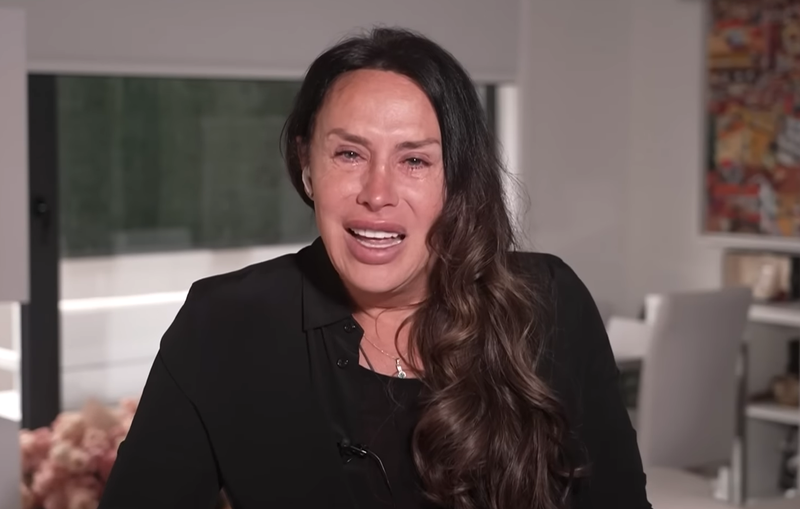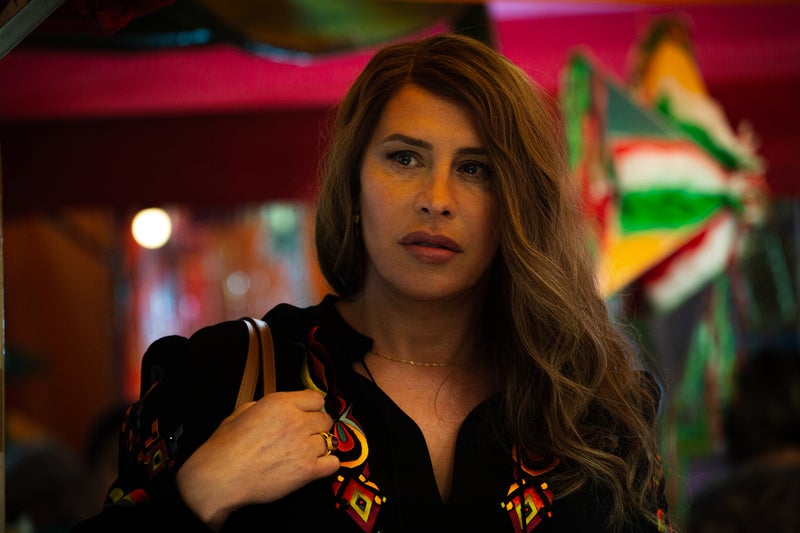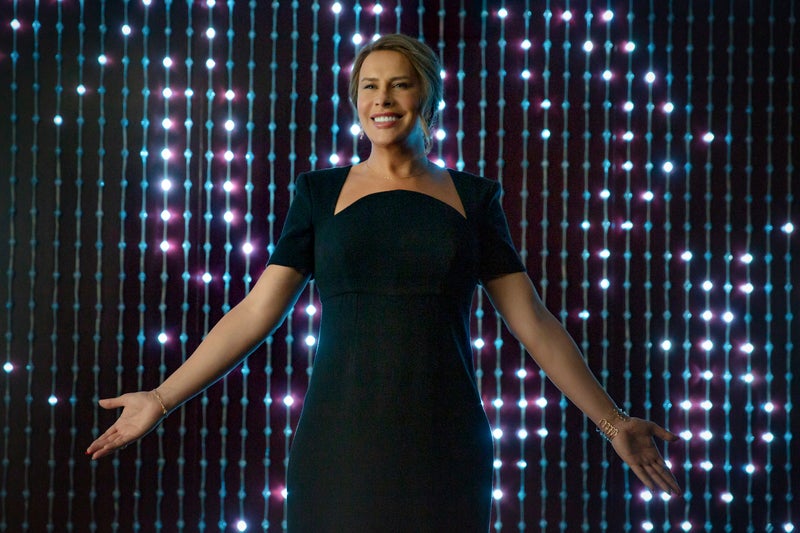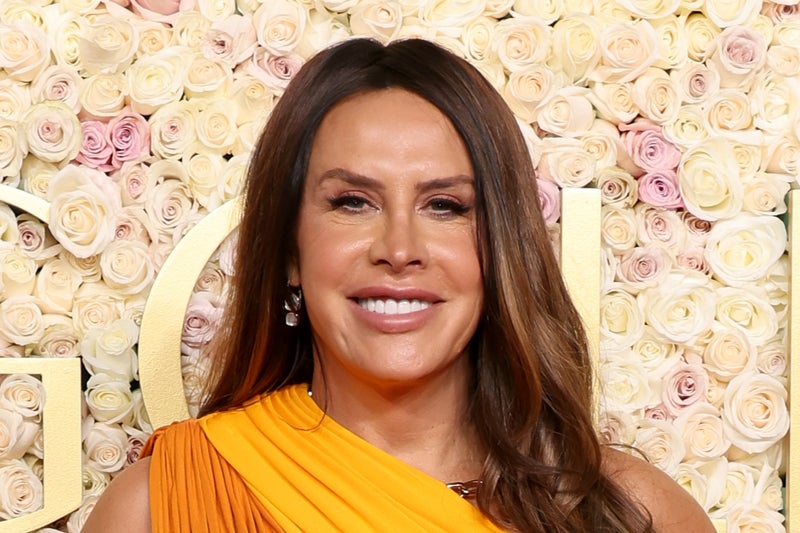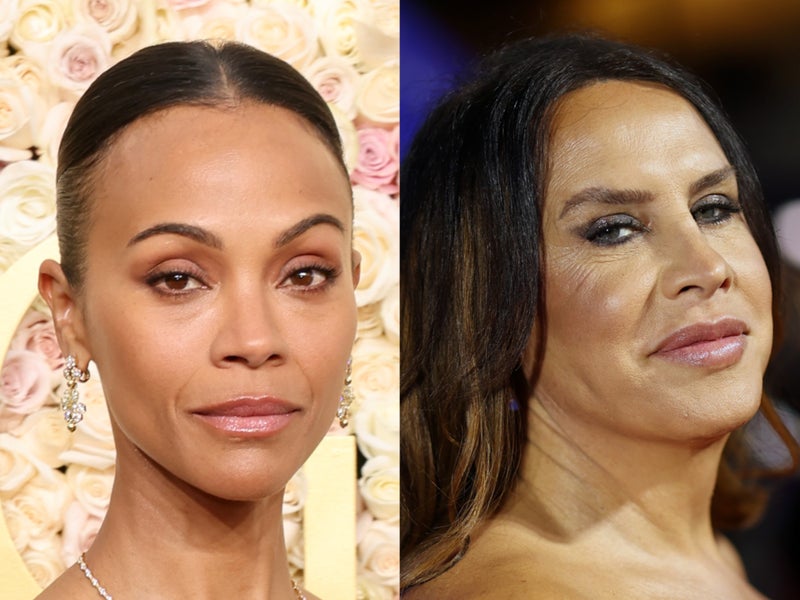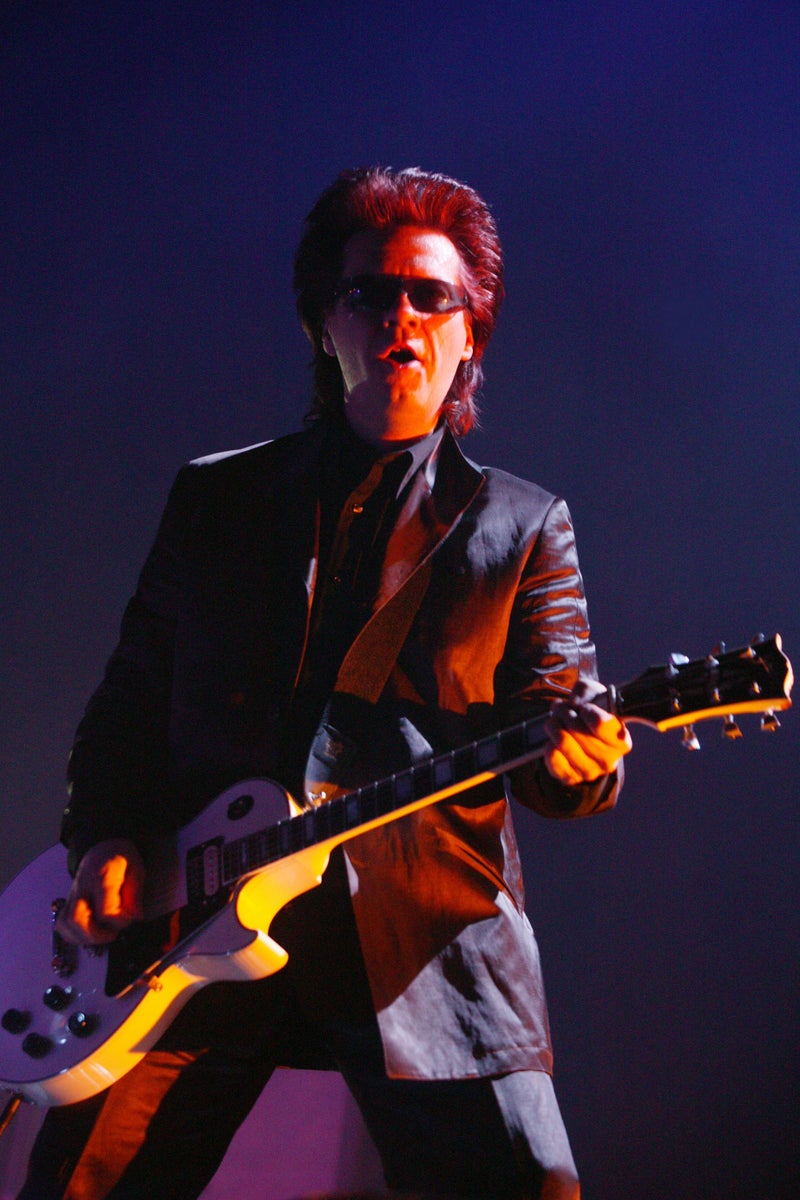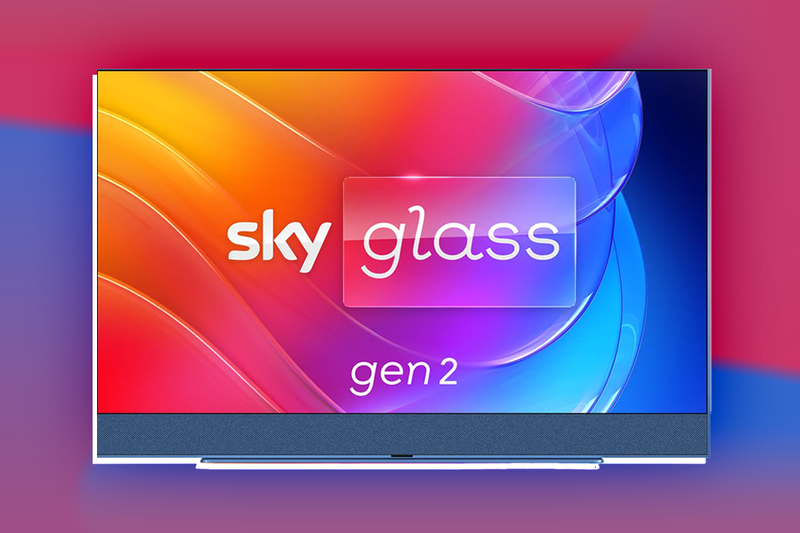The British actor Gugu Mbatha-Raw has worked with Reece Witherspoon and Oprah Winfrey, been awarded an MBE and told stories that have challenged perceptions around race. So what, asks Rhik Samadder, keeps her so grounded?. Early on in Gugu Mbatha-Raw’s career, an older, white actor advised she change her name to something easier to pronounce. She declined – a strong choice for a young actor. “I don’t think it’s that strong,” rebuts Mbatha-Raw. She likes her name. Besides, “it means ‘Our Pride’ in Zulu. To change that would be the antithesis of its meaning.”.
![[Rhik Samadder]](https://i.guim.co.uk/img/uploads/2017/10/09/Rhik-Samadder,-L.png?width=75&dpr=1&s=none&crop=none)
Mbatha-Raw is known for choosing roles that combine art and social advocacy. She’s won awards, been honoured with an MBE, appointed a Goodwill Ambassador for the United Nations Refugee Agency. People still mispronounce her name, though. The most extreme example she recalls was in Norway, when a host announced her from a piece of paper. “Gucci… Matthew… Ray? I was like, ‘I guess that’s me!’”.
![[Surface Photo 020501]](https://i.guim.co.uk/img/media/9f46b120a9426ad96ddda0884f45bdbadb61b927/643_0_3197_1919/master/3197.jpg?width=445&dpr=1&s=none&crop=none)
I wonder if this says something about the west’s complacency regarding the achievements of those with ethnic roots elsewhere. Doesn’t middle England relate more easily to names that reflect their own? “I disagree,” she says. “I think it’s OK for people to be challenged. To reach outside their culture and know that’s not all there is.” Yes, but do they? “Well, you’ve got to give them the opportunity.” The answer brings me up short.
![[‘If people have too many ideas about your world, it dilutes the work’: Gugu Mbatha-Raw wears feather dress and jacket, both prada.com.]](https://i.guim.co.uk/img/media/6801685c51d2771fa6e4fb6961fc14142132f7f9/0_184_3842_2305/master/3842.jpg?width=445&dpr=1&s=none&crop=none)
We’re at a farmhouse table at a west London photography studio. When I walked in, Mbatha-Raw was wearing beads of jewellery and doing a fan dance with a pink tutu. She’s here to promote the second series of Surface, the Apple TV thriller about a woman who suffers memory loss after an apparent suicide attempt. “I’d seen other amnesia stories, but always featuring a male protagonist, from a male point of view,” she says.
![[The Morning Show Season 1 | Episode 4 Bel Powley and Gugu Mbatha-Raw in “The Morning Show”]](https://i.guim.co.uk/img/media/a6bf946d895a9d98d0b9fb2ca89a83136f970241/0_0_5319_3191/master/5319.jpg?width=445&dpr=1&s=none&crop=none)
Surface, made by Hello Sunshine, Reese Witherspoon’s media company, offered Mbatha-Raw the opportunity to come on board as an executive producer. She relished being a bigger part of the process, from pitching to Apple to choosing the creative team and having a voice at script level. Surface investigates identity, trust and trauma. The first series, set in San Francisco, was measured and mysterious. The second series takes place in the UK – “darker, faster-paced, a bit grittier.”.
![[Gugu Mbatha shot for OM]](https://i.guim.co.uk/img/media/65c9b028d21fda53232981f713a95eee7599d55b/0_0_4977_6399/master/4977.jpg?width=445&dpr=1&s=none&crop=none)
It also boasts a bigger cast including Joely Richardson and Tara Fitzgerald, actors Mbatha-Raw looks up to. Of anyone working today, who does she most admire? “Cate Blanchett”, she says. “I love how she carries herself in the world.” Blanchett, a fellow UNHCR Goodwill ambassador, is widely respected for her elegance and range, splitting roles between stage and screen. Also, “I don’t know much about her personal life, which I like.”.
Mbatha-Raw has never publicly discussed her private life (it’s unknown if she is currently in a relationship). “It’s a way to have longevity as an artist,” she explains. Her job is to take audiences on an imaginative journey through a character. The more they know about the actor, the less they believe. “If people have too many ideas about your world, it dilutes the work,” she says. It’s a purist view of the craft. “There’s this Michaela Coel quote from a few years ago, about how it’s OK to disappear,” she goes on. “As an artist you need to refill the well, have something to say.” She remembers life before the internet and social media. “I’m thankful to have a perspective that isn’t just pushing yourself out there, simply for the sake of being present.”.
Her self-possession is admirable, but it comes with a certain reserve, a graceful front I’m not sure I’m allowed to see behind. I wonder if I should tease her, but it’s hard – she’s a Teflon mix of LA positivity and British politeness. She keeps a gratitude journal, which she combines with morning pages (a daily practice of stream-of-consciousness writing), and is given to exclaiming “Oh gosh!” like Ned Flanders. When someone sets down a plate of fresh-baked brownies on the table in front of us, she actually says “Holy moly!” I tell her she has head girl energy. “Well, I was head girl,” she says. Optimism is part of everything she does. Getting up at 4am to film on location in the freezing cold necessitates faith in a larger goal. “You have to believe in things you can’t yet see.”.
Mbatha-Raw was born in the small town of Witney in Oxfordshire in 1983, to a white mother, Anne, a nurse, and a black South African father, Patrick, a physician. Her parents met at the Churchill Hospital, a cancer centre, and divorced when she was around three. They remain active presences in her life. Her mother gave her confidence and work ethic, she says, and supported every interest, from saxophone to ballet. An only child, she was already itching to begin the life of a professional artist. “I would’ve moved to London at age 12,” she says, “if she’d let me.”.


